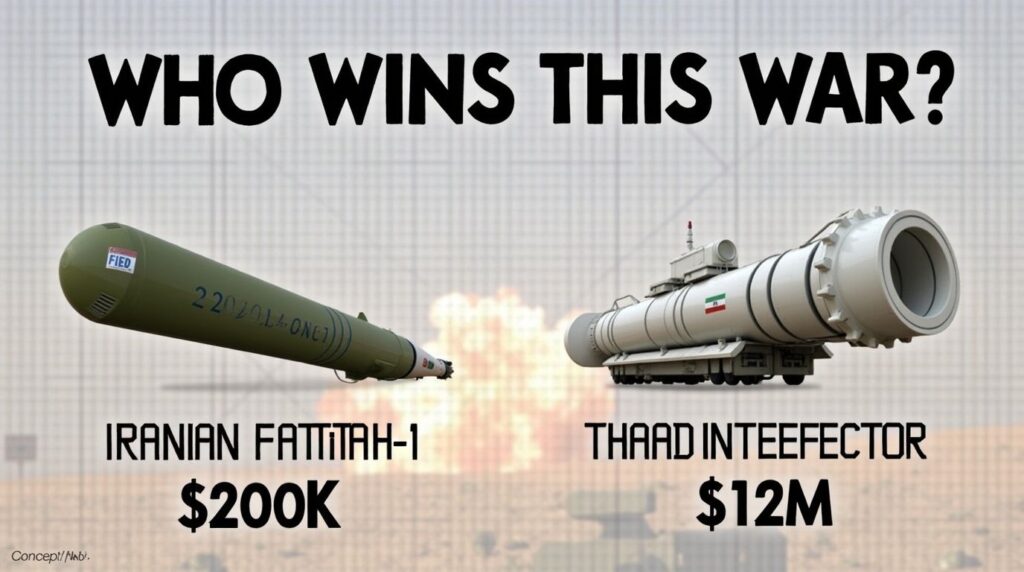Airspace Closure: Iran–US Tensions Shake Gulf Aviation Industry

Airspace Closure: Iran–US Tensions Shake Gulf Aviation Industry
✍️ By: Masood Ahmad Khan Nasir
The escalating tension between Iran and the United States has reached a dangerous new level, with consequences that extend far beyond military and diplomatic arenas. This ongoing conflict has now directly impacted the airspace of Gulf countries, the civil aviation industry, and travelers around the globe.
In recent days, Iran has not only threatened attacks on U.S. military bases stationed in Qatar, Bahrain, and other Gulf countries, but reports suggest that missiles have already been launched. In response to this alarming situation, several Arab nations—including Qatar, Kuwait, Bahrain, Saudi Arabia, the UAE, and Iraq—have completely closed their airspace.
Heavy Financial Losses for Gulf Airlines
The Gulf region holds a significant place on the global aviation map. Airlines such as








 Watch Full Video
Watch Full Video